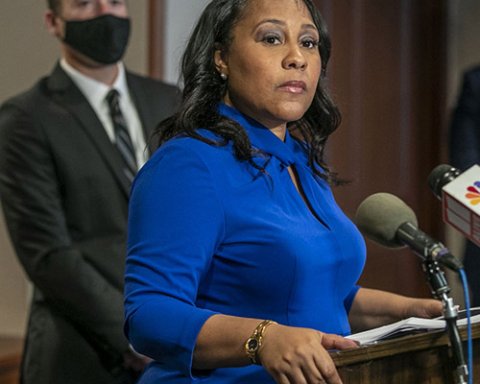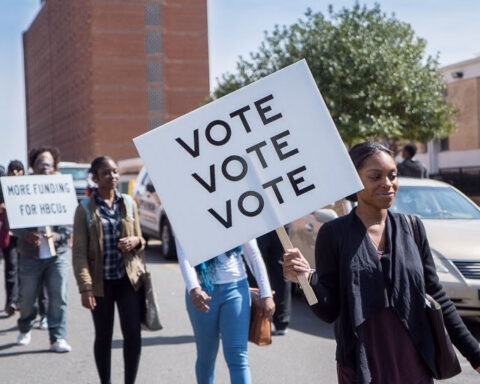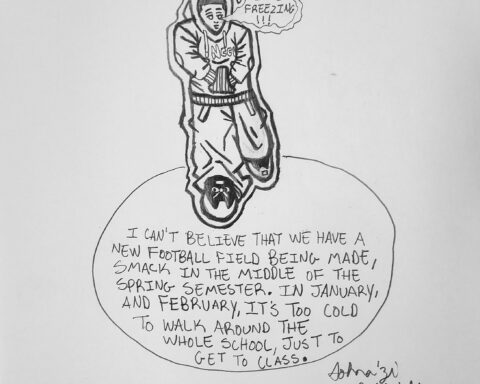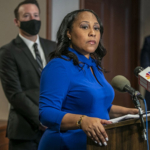In a country that is trying to fix how our universities handle sexual assault cases, it appears to have taken a few steps back with the newest changes to Title IX implemented by our current Secretary of Education Betsy DeVos.
Title IX was initially created in 1972 as part of an effort to prohibit sex discrimination in any educational institution or program that receives federal funding. Well into the previous administration, President Barack Obama released his 2011 “Dear Colleague Letter,” which made it so that the elimination of campus sexual assault would be considered as a key domestic policy. As honorable as this decision was, it resulted in a radical inflation of the definition of sexual misconduct on college campuses to include virtually any sexual encounter—from actions that could meet the criminal definition of rape to jokes or unwanted flirtation.

Fast-forward to the current Trump administration, where we are experiencing an extensive rollback on a majority of Obama-era policies, especially regarding how the U.S. Education Department handles sexual misconduct. With the help of Secretary DeVos’ proposed changes to Title IX, the Trump administration has seemingly narrowed the definition of what constitutes as sexual misconduct on college campuses.
DeVos’ changes will create an environment for universities that would make it harder to prove sexual assault allegations. Under the new rules, clear, concise, and convincing evidence would be required instead of having just “a large quantity of evidence.” The new law also allows for cross-examination between victims and the accused parties. This will only re-traumatize victims and discourage them from coming forward and asserting their Title IX rights. In many cases, the goal of the cross-examination process is to ask complex, confusing, or leading questions to challenge a witness initial testimony—but this can also distort a truthful account.
I believe that these changes will and already have, to some extent, compromised university support for sexual assault survivors.
Many would argue that these proposals don’t create any harm and simply are put into place to protect both parties. Hypothetically, they would be sheltering the accuser from a hostile learning environment and protecting the accused from false claims. This argument is especially discouraging to survivors, where the assumption is that they aren’t telling the truth. In truth, it only enhances one of the most damaging stigmas regarding sexual assault, which is that survivors lie about it. In fact, sexual assault is an incredibly underreported crime. The prevalence of false reporting is low—according to the National Sexual Violence Resource Center, between just 2 and 10 percent.
All in all, these proposed regulations have created a culture of unwarranted re-traumatization, turned campus disciplinary hearings into “court-like proceedings,” and narrowed the definition of sexual assault to only conduct that is pervasive, objectively offensive, and denies a person access to education. Sexual assault is not always that cut-and-dry.
I believe that the Trump administration has rolled back the clock on gender justice and it is up to us to fight against these proposed changes. I encourage all students to contact their campus Title IX coordinator, educate their peers and write to their representatives and administration, demanding they oppose the proposed policy changes to change our country’s Title IX regulations.


















